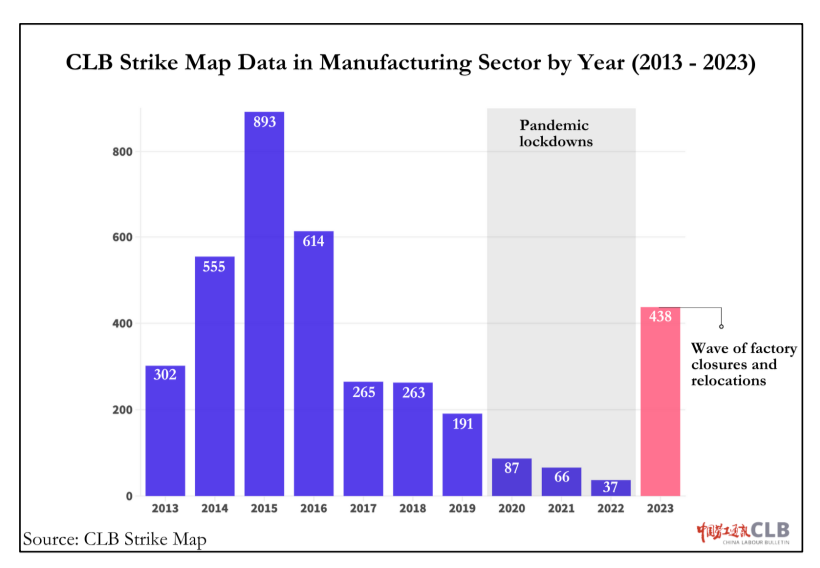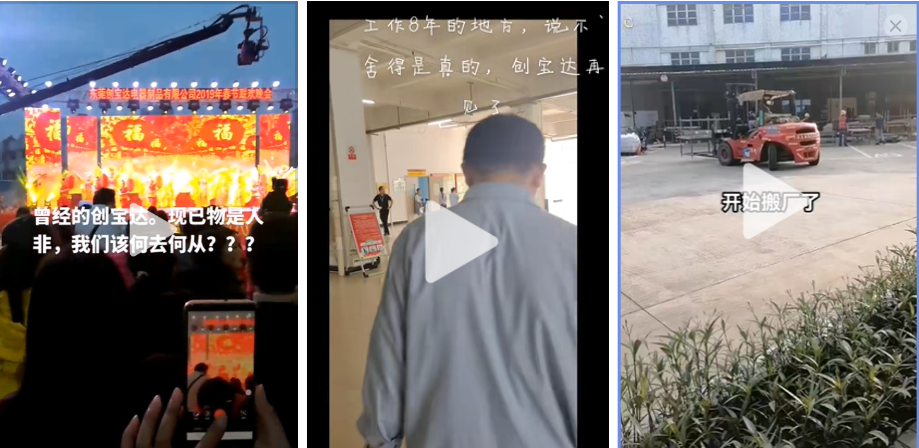China Labour Bulletin (CLB) participated in the United Nations Responsible Business and Human Rights Forum (UNRBHR Forum) in September 2024, and presented in the session “From Silence to Solutions: Elevating worker voices and increasing supply chain transparency in the electronics and garment sector in Asia”, co-organized by German Development Cooperation (GIZ) and the Centre for Research on Multinational Corporations (SOMO).

Photo: Aidan Chau spoke for CLB in this session of the UN forum.
The forum centered on the issue of ensuring remedies for business-related human rights abuses in global supply chains, which is acknowledged in the UN Guiding Principles on Business and Human Rights. With the recent enactment of The German Supply Chain Due Diligence Act in 2023, as well as the coming Corporate Sustainability Due Diligence Directive (CSDDD) in the European Union, which demand greater responsibility for companies to conduct human rights and environmental due diligence with respect to their operations, panels and discussion sessions were active and vibrant.
CLB presented its research methodology in the session, and stated that despite internet censorship in China, which may create an impression that it is impossible to find workers’ grievances and data about factories in the supply chains, a wealth of information uploaded by workers on Chinese social media platforms about their daily lives and collective actions have made it possible for multinational companies to do their due diligence check to avoid human rights violations in supplying factories. In other words, the above new laws and guiding principles can play a key role to improve the lives of factory workers in China.

In 2023, CLB collected more than 1800 cases in the Strike Map, of which more than 400 were in the manufacturing sector. These cases involved protests over wage arrears, unpaid social insurance, and relocation with no economic compensation. For more information, check the report introducing our case-oriented approach.
CLB collects data from workers’ spontaneous self-reports complementing other due diligence methods like social auditing and survey. They are also contemporaneous, as workers usually upload their collective actions in real time, which have the potential for immediate interventions from global brands. Workers’ consistent sharing of their work experience can also allow international buyers to monitor the working conditions in their supplier factories.

Photo: Dongguan electronic factory workers went on a strike, multiple videos were uploaded since September 2023.
The Centre for Research on Multinational Corporations (SOMO) also presented in the session and proposed the idea of “responsible exit” when global brands reorganize their supply networks and reduce sourcing from particular countries. It stressed that the risks associated with shifting supply chains are foreseeable with meaningful due diligence and the help of data provided by workers and civil society organizations.
Representatives from the ILO and the Collective Union of Movement of Workers in Cambodia, meanwhile, stressed the importance of building dialogue between management and workers within workplaces and ensuring the active participation of stakeholders and a diversity of workers’ voices.
The UNRBHR Forum in 2024 shows that there is a growing concern from various stakeholders in the supply chains on how to build a working mechanism of corporate due diligence that ensures remedies for business human rights violations. The inclusion of workers' voices, particularly their cases and grievances in China, will be essential for the mechanism's future effectiveness.

Photo: Our joint report "Chain of Consequences", can be download here.
